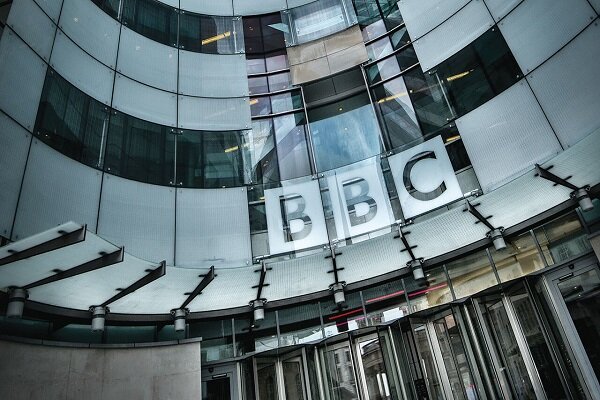Hamid Baeidinejad tweeted the remarks on Thursday, citing a Wednesday “interview” by the BBC News’ Persian service with a US-based 'political activist' as an example of the attempted anti-Iran sabotage by the channel.
The envoy said during the “interview, which had been recorded and planned in advance,” BBC Persian’s presenter and the so-called activist “were, through painting a very mendacious picture of Iran’s economic situation, unequivocally called on Iranians to immediately take their assets out of Iranian banks.”
“And they [make so bold as to] call themselves journalists. No this is [not journalism, but a] partnership in the economic terrorism project, against Iran” Baeidinejad protested.
Last month, UK-based anti-Iran television channels, namely BBC Persian, Manoto, and Saudi-funded Iran International, markedly cranked up their extensive anti-Iranian propaganda campaign by throwing their support behind foreign-backed rioters, who sought to take advantage of protests over a fuel price hike.
Tehran has sent an official protest note to Britain’s communications regulator Ofcom over the channels’ “malicious skewing” of Iran’s recent developments, and “their invitation of extensive violence against the country’s civil institutions.” Via the letter, Tehran has required that the media outlets be subjected to due process over their questionable performance.
The Islamic Republic has also separately complained to the BBC over the Persian broadcaster’s conduct.
“Economic terrorism” is the name assigned by Foreign Minister Mohammad Javad Zarif to the United States’ frenetic efforts to bring Iran under economic pressure.
Leading the policy, the US left an international nuclear agreement with Iran last year, and returned the nuclear-related sanctions that had been lifted under the deal. Washington has also been trying to bend its allies into falling into line with the campaign.
MNA/PressTV


























Your Comment